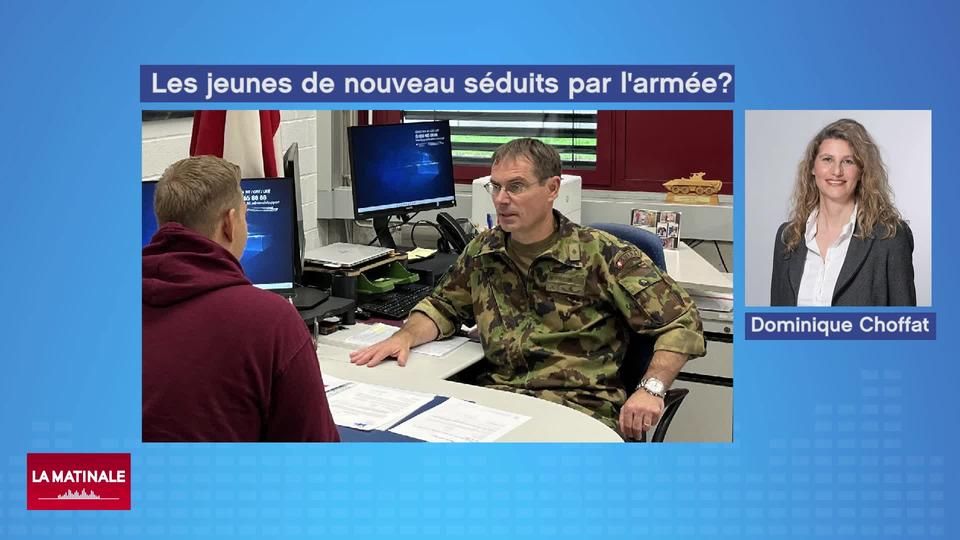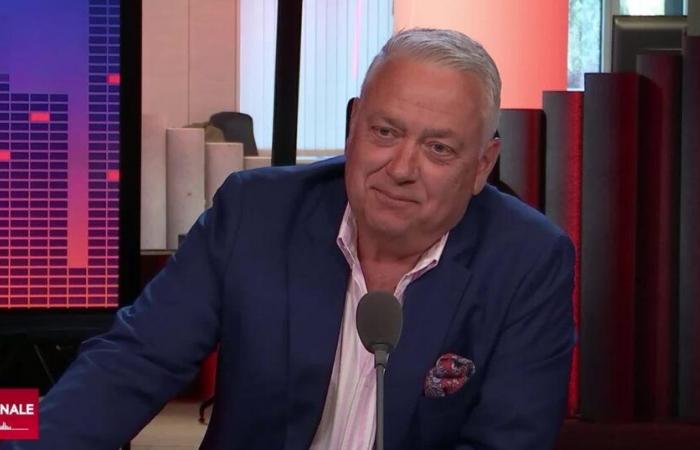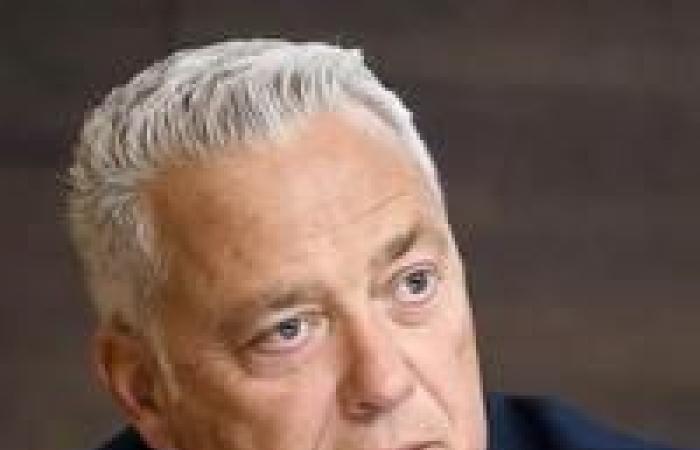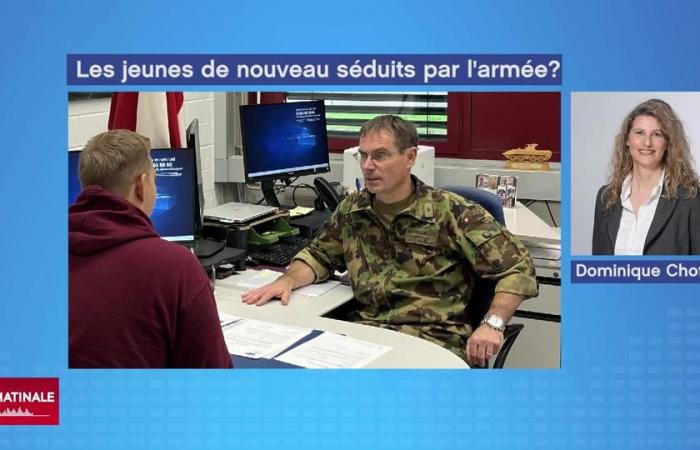Denis Froidevaux has been bowing after more than 20 years in charge of the security of the canton of Vaud. Invited in the morning, the former chief of the Driving Staff draws up a critical and without detours on the ability of Switzerland to deal with current and future crises.
Between global warming, wars in Ukraine and the Middle East and the global economic tensions that intensify, the world is confronted with a succession of crises. Faced with this tense geopolitical context, Switzerland is not ready in terms of security, warns Denis Froidevaux on Friday in the morning of RTS.
“Switzerland has never been, in reality. In 1914, we were not ready. In 1939, we were not ready,” said the one who was the “Safety Mister” of the canton of Vaud for 23 years. “It is a bit like advanced democracies like ours, where we focus on the well-being of the population by opposing it to security, while one does not go without the other.”
An intelligence service “often neglected”
The crisis management expert calls for a collective awakening and alert to the delay taken by Switzerland in a number of areas. In the short term, he recalls, it is essential to recognize that the Confederation Intelligence Service (SRC) constitutes the first rampart to guarantee the security and integrity of the country.
The enrollment of the Confederation Intelligence Service are less than those of the municipal police of Lausanne. We think we dream!

“Now, this is unfortunately often neglected. Did you know that its workforce is lower than that of the municipal police of Lausanne? We think we are dreaming, especially when it is entrusted with the mission of being the first line of defense of the country,” he protested.
For Denis Froidevaux, simple technical measures must be implemented, such as an SMS alert system for the population in the event of major events. “We are the last European country not to have this system, while we have been talking about it for fifteen years. There is something that does not play.”
A defense department “in ruins”
Denis Froidevaux evokes without detours an army reduced to his congruent portion, a “bonsai army”: she still knows how to do everything on paper, but can do nothing in reality, for lack of means, he deplores.
The former criticism also criticized a political class which, for thirty years, treated the army “as a simple variable of budgetary adjustment”, constantly pulled down. “When made a decision on the security policy in 2025, it will have effects in 2035 or 2040. However, which can draw me the geopolitical map of Europe in 2040?” he launches.
For the former president of the Swiss Society of Officers, it is not so much the army that is faulty, but his department that he compares to a “field of ruins”, while regretting the absence of strategic vision.
It is in the driving method that success will reside, much more than in the choice of the person
-
“The work that awaits the new federal councilor (Martin Pfister, at the head of the Federal Department of Defense, Protection of Population and Sports, note) is considerable. (…) The vision of the future chief of the army is ultimately not so important. What matters is the way the new head of the department will lead the business within it. “
While the former Defense Minister Viola Amherd “piloted everything only via the chief of the army”, the department actually has three body commanders. “The head of department must work with these three managers,” recalls Denis Froidevaux.
Rethink the commitment of the citizen
Faced with these various observations, the one who was also a police officer believes that the value of security should be given to the center of the system. And if he salutes a “certain renewed interest” among young people for the army, he recalls that only 30% of the population is concerned by the obligation to serve.
“Security concerns us all (…) This is the very foundation of the existence of a state,” he said, also calling for women to engage more, in the name of the efficiency of the system. “Wherever parity is achieved, the results are better, it is obvious, but we must continue to remember.”
>> How do young Swiss position themselves vis-à-vis the army in the current geopolitical context? The report of the morning:

An absent risk culture
For Denis Froidevaux, Switzerland also suffers from a serious risk cultivation deficit, in connection with unexpected events that can occur, as was the case in Spain and Portugal with the gigantic power outage earlier this week.
The opportunity also to alert on the threats posed by the energy and digital dependence of society, calling for strengthening the resilience of critical infrastructure: “These are two key resources: if you lose them, all the systems stop.”
If a 24-hour blackout should occur in Switzerland tomorrow, the costs would be counted in billions and the losses in human lives in tens

In this context, he recognizes that because of the conflict in Ukraine, Switzerland has made important efforts to strengthen the resilience of its systems and guarantee certain critical services, even in the event of an power outage. But society remains vulnerable: “Notwithstanding this progress, if a 24-hour blackout should occur in Switzerland tomorrow, the costs would be counted in billions and the losses of life in tens,” he said.
To hear it, the efforts are insufficient in the face of the scale of the risks: “We speculate, we hope that everything will hold … until it does not hold anymore,” he underlines, comparing the situation to a mountain race without rope or insurance.
Interview by Delphine Gendre
Texte web: hursène cuddle bulbs








